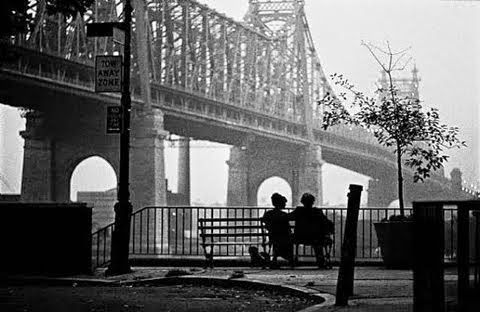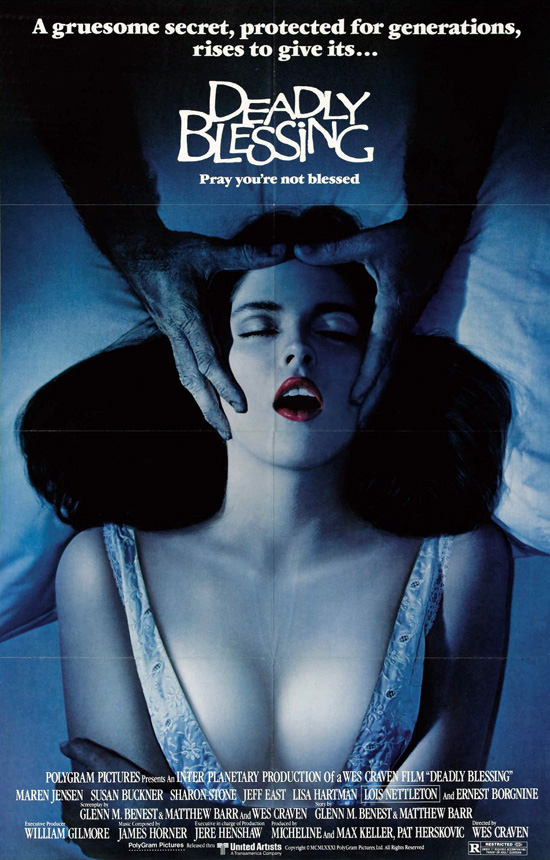Oh, and mild spoilers ahead (maybe)
3) That moment when the guitar-with-flamethrower musician extraordinaire (basically the Man of the Year, so says my version of TIME magazine) in MAD MAX FURY ROAD is just... sleeping (along with everyone else in Immortan Joe's party) and contorted in such a way that looks rather painful and fucking hysterical.
4) FURIOUS 7's Dwayne Johnson stops pussy-footing around and goes back to being THE ROCK as, following not too long a recovery after falling out of a fucking building on to a car (!) he gets out of the hospital bed and busts his broken arm out of his cast by flexing. That's all it takes, so just remember that next time you're laid up in the hospital, you wuss.
5) In EX MACHINA, there's just that little moment (take your pick) where Domnhall Gleeson and Alicia Vikander look at each other in uncomfortable silence, before she gives her warning of great danger - is it more for him or for her? (Red color filter optional)
5.5) Oscar Issac tears up the fuckin dance floor with his Asian fuck-bot in the same movie.
6) David Foster Wallace laughing just like all us other hipsters do when watching an over-the-top action spectacle in the theater (in his case John Woo's 96 flick Broken Arrow, which he states he's seen before so why not again, and whether he genuinely wants to see it or it's part of the show for David Lipsky of Rolling Stone, who can tell) in THE END OF THE TOUR.
7) That perpetually nasty-looking prison dog in SHAUN THE SHEEP who stares into your soul...
8) In Oppenheimer's brilliant, heart-shattering follow-up/companion film to THE ACT OF KILLING, THE LOOK OF SILENCE, a son of a man killed during the massacres of the 1960s in Indonesia talks to a former military man who looks befuddled by his questions and keeps it coming back to Communists. Few scenes in any film in recent years have been so tense as that one (though there are several here).
9) JEM AND THE HOLOGRAMS: "You're internet famous! That's, like, second only to being actually famous!"
10) LISTEN TO ME, MARLON: "I've never been in a great movie. There's no such thing as a 'great' movie."
11) There's that first minute where Ultron first gains his consciousness in a POV that includes extremely-rapidly edited clips from both the real world and past MCU movies in AVENGERS: AGE OF ULTRON, and it's not so much terrifying as it just curious and fascinating, because he is curious and fascinated, and very quickly gains the ability to be really, really terrible - humanity, man.
12) When the characters go into 'Abstract Thought' in INSIDE OUT, and for a fleeting moment it feels like the ghost of Salvador Dali has finally returned to work on a modern-day Disney feature (albeit it's more Picasso in look, it's surreal in feel to the extreme).
13) When a VHS tape breaks in a VCR - when the tape gets caught up in the gears and the VCR just shuts down and it feels like you're pulling someone's intenstines out in order to get out the tape - it's one of the most painful things in the world for a cinephile. Such is a moment that made me wince immensely in KUMIKO, THE TREASURE HUNTER.
14) Ice Cube (as played by son O'Shea Jackson, Jr) finds out in STRAIGHT OUTTA COMPTON that NWA has recorded a song where they dissed him ("Benedict Arnold?!" as if he knows what it means) - SMASH CUT to him in the recording studio, in possibly my favorite musical moment of the year (yes, more than Anomalisa just barely and more than anything in Love & Mercy, which I'll get to in a moment), as Ice Cube performs "No Vaseline" like a man on the warpath. (Full disclosure: this helped me out many times driving home from work after a rough day, listening to this, NWA, Easy-E and Dr Dre's diss songs back to back to back, and yet it's a tough call between "No Vaseline" and "Fuck wit Dre Day" as the best diss song of all time, but I digress)
15) In LOVE & MERCY, John Cusack's older Brian Wilson in , on one of his 'lessor' days, gets his hands on one of Paul Giamatti's grilled hamburgers, is eating it practically in one swallow, and Giamatti snaps over, yells at him like he's a three-year old with his mouth in a bowl of ice cream, and the awkward tension is so sharp it can cut the celluloid it's been printed on.
15.5) Young Brian Wilson (Paul Dano) is in the recording studio obsessing on almost the 70th take (give or take a dozen) of "Good Vibrations", all over a staccato violin - on the end part of the song that often gets cut off on radio play anyway or dimmed.
16) Margot Robbie is in a bubble bath to explain to you what the hell sub-prime mortgages mean in THE BIG SHORT. That's just fine and dandy.
17) The way that the filmmakers draw just enough attention in a wide shot to the fact that Rey, on the (insert not-Tatooine but it's Tatooine) desert planet, is living out of the husk of a decades-old and dilapidated imperial walker in STAR WARS: EPISODE VII - THE FORCE AWAKENS (a touch of nostalgia that feels fine, the sort of organic sense of the decay that is simply a part of this world that the first act gets so right... and then the rest of the movie doesn't quite follow up on - thanks Death Star 3).
18) That moment when we first see the Nosferatu-like vampire who is apparently thousands of years old in WHAT WE DO IN THE SHADOWS, and though he can't speak he still gives a look to his roommate like 'really?' Or he is just a thousands-year-old vampire and is really fucking pissed. Either way, it's hysterical.
18.5) "Leave me to do my dark bidding on the internet!"
19) In CLOUDS OF SILS MARIA, the first reading the actress Binoche and assistant Stewart do together. You have a feeling it may be dialog from a play, but you can't be sure. Both actresses fall into their roles (a repetition in the film to be sure) and there's that awe-inspiring moment where you can't tell where the dialog from one scenario or the one inside is showing off the actors one way or another. It's acting about acting about acting.
20) In IRRATIONAL MAN, an extreme close-up on Joaquin Phoenix's face and eyes as he overhears what will spark him into new life.
21) It's a cliche, but even cliches have power sometimes: after everything else Benicio del Toro has done on his Frank Castle path of vengeance in SICARIO, literally putting a gun to someone's head to force a signature on a piece of paper is chilling. The moment that happens after that, where two characters share a look from one on a balcony and the other on the ground, may be more cinematically interesting, but this little gun-to-the-head bit stayed with me for months afterward. It makes Denzel in Training Day almost look like kid's stuff.
22) Smashing a man's face over and over again on a sink is primitive and brutal and not something you normally see in a mainstream cineplex movie made by a major studio. But, that's the sort of thing Guillermo del Toro does for the underrated CRIMSON PEAK.
23) THE PEANUTS MOVIE: "Marcie just read off a long list of great novels. "Huckleberry Something, Catcher with a Pie." But she said the greatest book of all time is "Leo's Toy Store" by some guy called "Warren Peace."
24) Eddie Redmayne going from 0 to 200 in the space of five seconds in JUPITER ASCENDING, briefly waking one up (as he will do a couple more times): "(in hushed tone) Bring her to me...... (screaming at top of lungs) NOOOOOOWWWWW!"
25) That moment where we see that the portrait of David Miscavige standing by his desk and looking sinister as fuck in GOING CLEAR: SCIENTOLOGY AND THE PRISON OF BELIEF makes him look like such a villain you'd swear we're all just living in a movie where this is acceptable...
runner ups/line of the year:
THE JINX: (while urinating, caught on tape) "Oh, what a disaster."
DIARY OF A TEENAGE GIRL: Alexander Skarsgard tripping on acid in a wild, desperate repeating "I love you" turn.








































